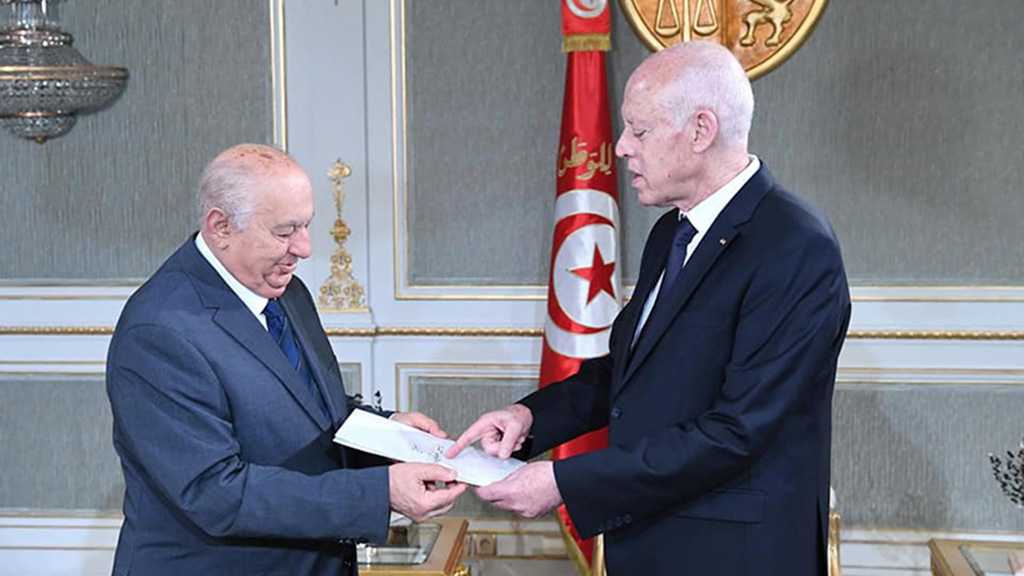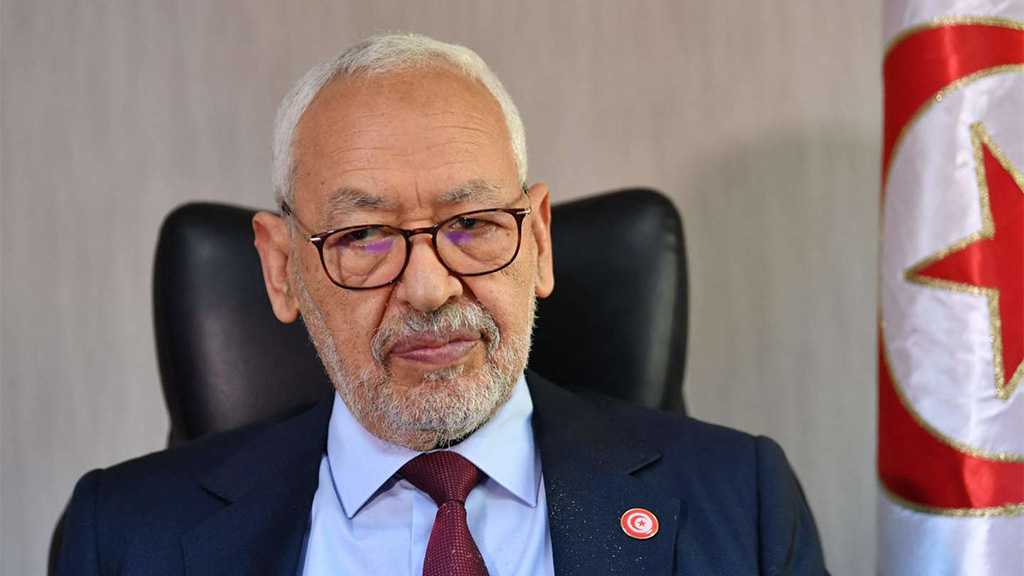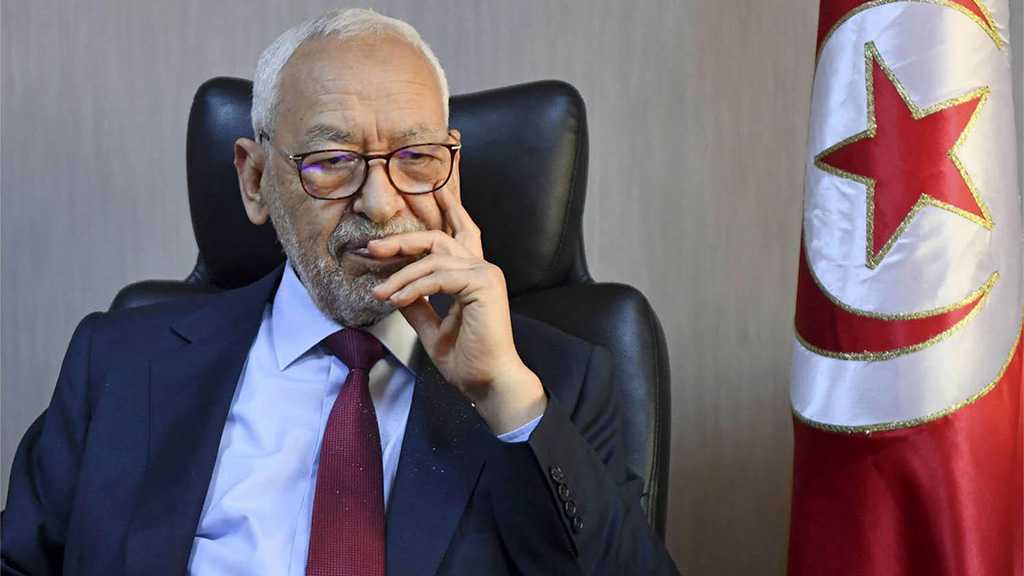Tunisia Constitution Giving President Wider Powers Comes into Effect

By Staff, Agencies
Tunisia's new constitution has come into force after the country’s electoral commission approved the final results of last month’s referendum.
The 96% yes vote in the referendum was largely unchanged from the preliminary results announced in July. The turnout was, however, low with only 31 percent of the electorate taking part.
The new constitution expands President Kais Saied’s powers while reducing those of the parliament.
Opponents of the president say the new constitution will unravel the country’s democratic gains from the 2011 revolution by giving him nearly unchecked powers.
They are critical of the process by which the president wrote the constitution, calling it illegal and unilateral. They have also raised concerns over the legitimacy of the referendum after Saied replaced the board of the electoral commission.
Saied and his supporters, meanwhile, have said the political system has to change if Tunisia is to be saved from years of stagnation and political paralysis.
He assumed power last year, dismissing the country’s constitution so he can rule by decree. The 2014 constitution was the result of intense negotiations among political parties and civil society bodies.
Many experts deemed a "constitutional coup" Saied’s move to suspend the Tunisian parliament last summer.
Under the proposed new constitution, the government would answer to the president and not to parliament though the chamber could withdraw confidence from the government with a two-thirds majority.
Saied would also be allowed to present draft laws and have sole responsibility for proposing treaties and drafting state budgets.
Comments
- Related News




